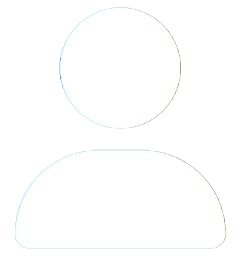JD-Next Program Overview
Discover the comprehensive JD-Next program, including the admissions test, structured curriculum, key course objectives, expected learning outcomes, and more.

|
Course Start |
Registration Deadline |
Exam |
Score Release |
|
February 9, 2026 |
February 13, 2026 |
April 14 or 18, 2026 |
Week of May 11, 2026 |
|
June 1, 2026 |
June 5, 2026 |
August 4 or 8, 2026 |
Week of August 31, 2026 |
|
September 14, 2026 |
September 18, 2026 |
November 17 or 21, 2026 |
Week of December 14, 2026 |
| December 7, 2026 |
December 11, 2026 |
February 9 or 13, 2027 |
Week of March 8, 2027 |
Course Objectives
Get Started
Get a head start before law school with JD-Next
 HELP
HELP
 ENROLL NOW
ENROLL NOW
 LOGIN
LOGIN
